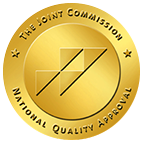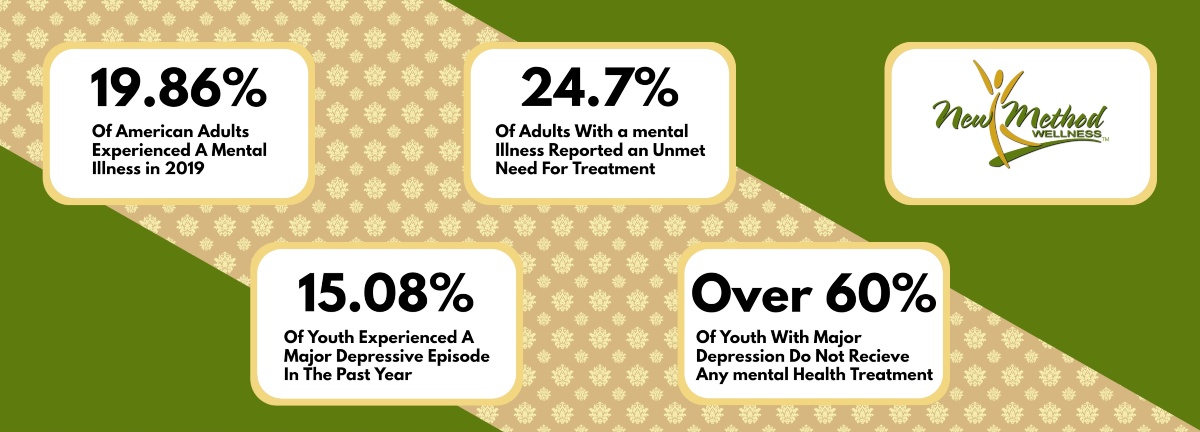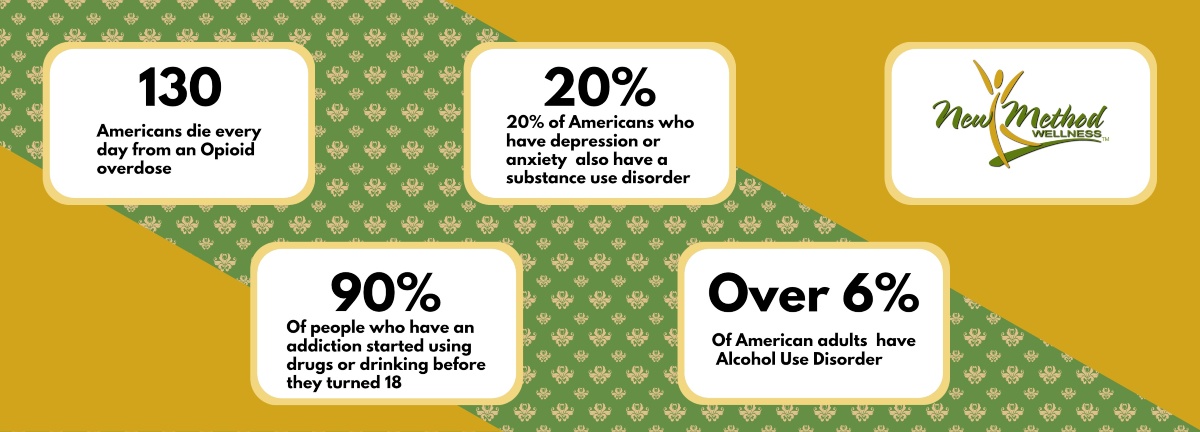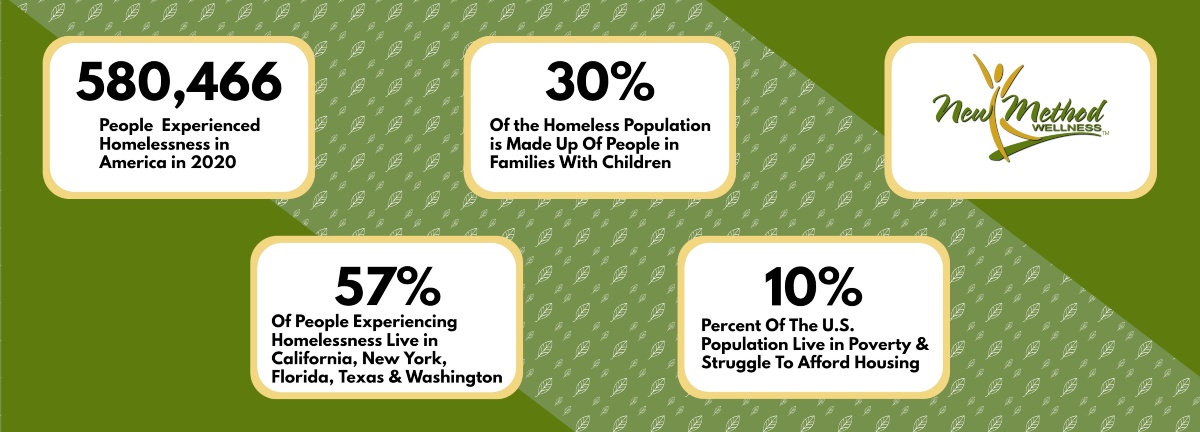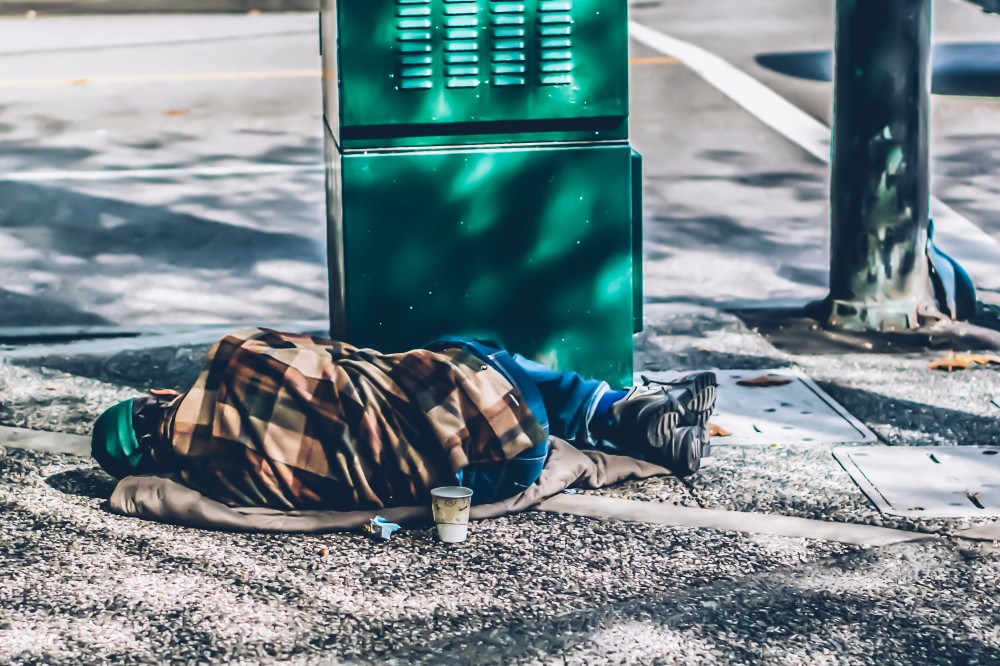
Behavioral Health, Addiction and Homelessness




Understanding Mental Illness
Mental illness can be difficult to navigate. It can change the way a person thinks, acts, and handles situations in life. Depending on the mental illness, a person can suffer from mild to severe symptoms that can take over a person’s life.
It is not something that should be ignored or be left untreated. If a person is has a mental illness, it is important for them to get the proper treatment in order for them to live an easier life.
Mental illness can show itself in many different ways. Someone struggling from crippling anxiety can find it hard to function in society. Depression can make it hard to have the motivation to keep a job or get up during the day.
Having a mental illness, in general, makes functioning more difficult than a person who does not suffer from a mental illness. It can become debilitating for someone and cause a person to struggle to function normally in society.
Without treatment, many people succumb to their mental illness and their symptoms consume them. Depression, bipolar disorder, and anxiety, to only name a few, are very common mental illnesses that many people suffer from. Without treating mental illnesses, a person can have a hard time navigating through life.
A diagnosis, counseling, and medication can significantly help an individual’s behavioral health. Finding the right resources can make a drastic difference in someone’s life, and help them to move forward in their lives.
Understanding Addiction
Many people don’t realize that addiction is a form of mental illness, and one of the most common ones at that. In 2017, about 8.5 million Americans suffered from addiction to a substance and mental illness. Whether it is alcohol, drugs, or some other substance, addiction can make it very difficult to maintain a functioning life.
A big problem in our society is that many people do not see addiction as a mental illness. Instead, people often put the blame on the person suffering from the addiction. It is often misunderstood that people with addictions are making the choice to abuse substances. This creates the assumption that it is their own fault that they are experiencing any negative outcomes.
What people don’t often realize, is that addiction is often paired with other mental illnesses. It is often is a result of trauma or other negative factors in a person’s life. If a child had alcoholic parents, they are more likely to become an alcoholic themselves.
Not having healthy coping mechanisms or resources can cause someone to fall deeper into addiction. It can also cause someone to relapse into addiction when a difficult event happens in their life. This is why addiction is so often seen with other mental illnesses.
Addictions to substances like alcohol can also cause many effects on the mind and body. Not only can it cause harm such as liver damage, heart disease, or digestive problems, but it can also have long-term effects on a person’s behavioral health.
Understanding Homelessness
Like addiction, homelessness is often misunderstood. People will often put the blame on the homeless person, saying that their choices lead them to their current situation. This is simply not true.
Many homeless people are only homeless for a temporary period of time, often due to the lack of necessary resources. Some of the biggest causes of homelessness in the United States include the lack of affordable housing, healthcare, or behavioral health, and addiction services.
Homelessness is not caused by the fault of the individual, but rather the fault of the community. It is often caused by the failure of the area they live in for not providing proper and essential resources for the community.
People who are homeless are usually going through some major difficulties in their lives and do not have access to resources or support that will keep them in a safe environment. Because of a difficult aspect in their life, their circumstances change drastically and they no longer can afford or can maintain the life they were living.
Having a mental illness or addiction can ultimately play a part in someone becoming homeless. Addiction or mental illness can create roadblocks or difficulties in someone’s life that can make it harder for them to function in society.
Managing money, finding support, or keeping a job are some key difficulties that a person may have while dealing with mental illness or addiction. This means without those things, it can be very easy for someone to find themselves homeless or without shelter.
Homelessness is not a permanent circumstance. As previously mentioned, it is usually a short-term situation for many people caused by a specific situation or event in their lives. With the right resources, care, and support, a person can get back on their feet and start integrating back into society.
Homelessness and Addiction
Understanding addiction can help to understand homelessness. Addictive disorders can cause rifts in families, which can result in driving people out of their homes. It can make it difficult to budget money because the temptation to give in to the addiction is so strong.
Addiction can make it difficult to hold a steady and reliable job. This makes it harder to find a safe, permanent housing situation and is often why many people who suffer from addiction disorders find themselves homeless.
Addiction can also become a sore spot within families and could result in an individual with an addiction getting kicked out of their home and losing the support of their families.
Some housing options won’t even accept applicants that have an addiction because they are concerned that it will affect the applicant’s ability to make their payments. Because of this, many people who suffer from addiction disorders end up without a safe place to live.
Without a good resource to help with addiction disorders, many people will find themselves homeless. It can be difficult for people with addictions, such as alcohol addiction, to find temporary housing or shelter because many shelters have strict rules prohibiting the use of alcohol.
While this is good for maintaining a safe environment for most of the inhabitants, it can also discourage people with addiction disorders to seek out shelter there. Some people may feel judged or have a hard time managing their addictions, so they don’t seek out shelter options for fear of being turned away.
Homelessness and Mental Illness
Behavioral Health and homelessness often coincide. If resources are not available, treatment is too expensive, or medication is unattainable, behavioral health issues and mental illness can become a barrier to finding safe places to live.
There are many factors that mental illness plays into homelessness. It is a tricky area to navigate because there are so many different parts to consider. About 25% of homeless people in America suffer from a mental illness, so it is important to consider mental illness when considering homelessness.
It’s important to ask questions such as: How did the individual become homeless in the first place? What mental illness is the individual suffering from? What resources were made available to the individual?
Certain mental illnesses can make it difficult to hold a job, which will make it hard to keep up with bills. Sometimes, people who suffer from mental illness can be ostracised from their families because of their behavioral health. Other times, some people who suffer from mental illnesses find it easier on their behavioral health to not be a part of society.
Some common mental illnesses that are often seen in homeless populations include bipolar disorder, severe anxiety, post-traumatic stress disorder, schizophrenia, and depression. These disorders, without proper treatment or medication, can have significant negative outcomes on a person’s life.
The Importance of Reliable Resources
Since addiction and mental illness are so prominent in homeless populations, having resources available that are accessible is crucial. It can be difficult for people who are homeless to find medication, doctors, or counseling because they don’t have an address to put on file.
Insurance can be difficult to get when homeless as well. Without having a return address, it can be difficult to sign up for benefits. With the prices of some medications, not having insurance will make getting those medications almost impossible.
Counseling and therapy can help someone struggling with mental illness or addiction in many different ways. They can provide direction for coping with different symptoms, as well as guidance for finding a medication that can help. A counselor or therapist can also help someone to walk through their addiction and keep them accountable for moving forward.
Mental illness is a challenge that is difficult to navigate alone. Having guidance and a professional opinion can help someone to manage their symptoms and help them to live a functional life in society.
Common Problems and How to Help
The most important way to help someone struggling with mental illness or addiction is to get them professional help. There are many great services that provide payment plans or have their services more easily accessible to the homeless population.
Introducing a homeless person struggling with addiction or a mental illness to a social worker can be very beneficial to them. A social worker will be able to help them find insurance, temporary housing or shelter, and help them find doctors or counselors that can help them work through their addiction or mental illness.
One of the biggest problems a homeless person is faced with is being able to find resources. Without easy access to the internet or a phone, it can be difficult to do research to find resources. Sometimes, sorting through different insurance options can be confusing as well.
Once connected with a social worker, an individual will have a much easier time finding the help they need and can start to build their lives up again.
A social worker can connect them with a reliable counseling service or addiction center that can help them to combat their struggles and help them to continue healthily managing their symptoms.
There is Hope
Addiction and mental illness can be difficult to handle alone. If you or someone you know is homeless and struggling with addiction or a mental illness, don’t worry. You’re not alone, and you are not out of hope.
Addiction and mental illness can be hard to deal with. It can make it more difficult to come out of homelessness. That being said, it is still possible to achieve a healthy life with the right resources.
With a safe shelter or temporary housing, access to medication, and a professional to provide counseling and support, an individual struggling with mental illness or addiction can find themselves making healthy choices.
If you need to talk to someone about homelessness and addiction or behavioral health counseling, don’t hesitate to reach out to us to learn about our programs!
TAKE THE FIRST STEP
From all of us at New Method Wellness co-occurring treatment center, we wish you peace and serenity in knowing that you or your loved one will get the necessary help.
ACCREDITED BY:
